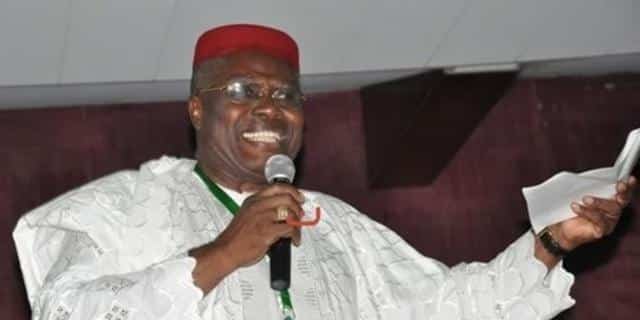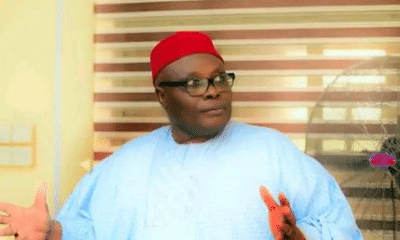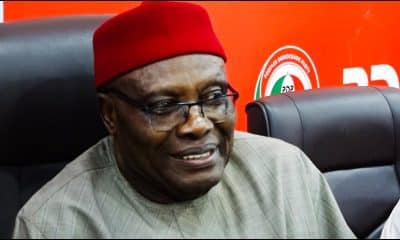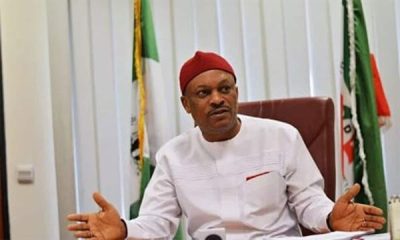Politics
FCC Refused To Give Me Jobs Because I Did Not Drop Money – Wabara

Former Senate President and current Chairman of the Board of Trustees of the Peoples Democratic Party (PDP), Adolphus Wabara, has claimed that people cannot get job placements in the Federal Character Commission (FCC) without bribe.
He called for the sacking of the Chairman of the FCC, Muheeba Dankaka, over corruption allegations.
Wabara made the call while speaking with Punch.
He explained that he visited the Commission to seek job placements in his constituency, but was told that it was not available without a bribe.
He revealed that he was informed that jobs were not available without a bribe.
“I physically went to the FCC, requesting two or three jobs for some people in my wards. You will not believe that up till now, nothing has been done for the simple reason that I have not dropped any money and that they cannot even ask me to drop money. But I found out from some people there that they wouldn’t give any job to my ward for free,” he stated.
This is not the first time such allegations of job racketeering have surfaced regarding the FCC.
Wabara criticised the APC-led government and the National Assembly for allegedly ignoring the matter bordering on corruption.
“Despite the serious allegations, nothing has been done. I expected the same swift action that was taken against Betta Edu (former minister of Humanitarian Affairs and Poverty Alleviation) to be applied here,” he said.
He accused the ruling party of failing to uphold its commitment to combat corruption, claiming that the current administration had seen a rise in corrupt practices.
In response to the allegations, an APC chieftain and former minister of Communications, Adebayo Shittu, demanded for thorough investigations.
He revealed that he had spoken with an FCC member who confirmed the claims of job racketeering.
Shittu emphasised the need for accountability, saying, “If the President acted quickly against Betta Edu, similar actions should be taken in this case. We must ensure that there are no selective investigations into corruption.”






